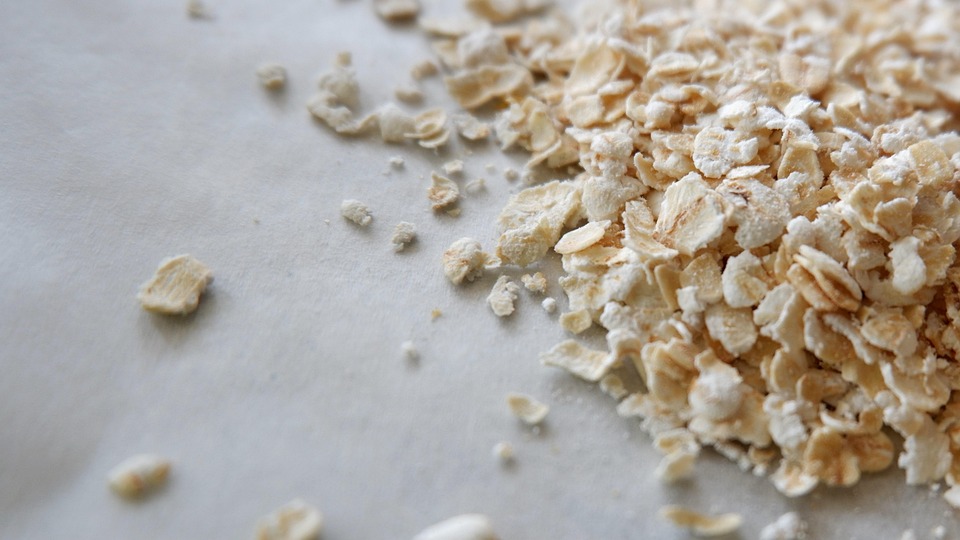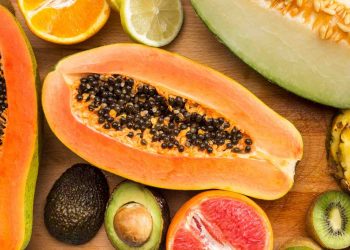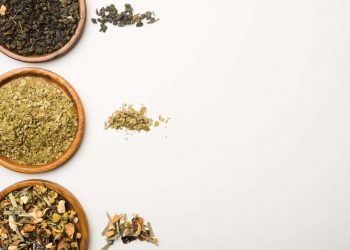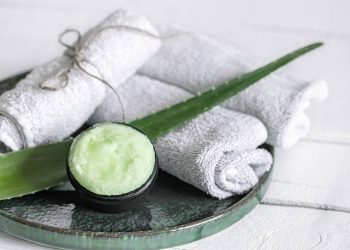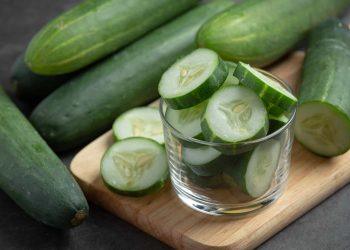Oatmeal might remind you of cozy winter mornings or perhaps making a quick breakfast on the go. But it offers more than just a comforting meal; it’s a versatile skincare gem. Many people overlook the benefits of incorporating oatmeal scrub into their skincare routine. The textured grains of oatmeal are not only nutritious for your body but can also work wonders for your skin. Let’s explore five key benefits of oatmeal scrubs that you might find illuminating.
Contents
The Hydrating Power of Oatmeal
One of the standout features of oatmeal is its incredible ability to hydrate the skin. The compounds in oatmeal, specifically beta-glucans, can help retain moisture in the skin. A study by Rattanathachote et al. (2014) discusses the moisturizing effects of oatmeal on the skin, highlighting its effectiveness in enhancing skin hydration levels (Rattanathachote, 2014).
Example in Practice: Consider one chilly evening when your skin feels tight after a long day outdoors. Using an oatmeal scrub then could provide a soothing relief, leaving your skin feeling replenished and soft.
However, it’s essential to note that while oatmeal is great for hydration, it should ideally be combined with other moisturizing agents like oils or creams for best effects.
Gentle Exfoliation
Another significant benefit of oatmeal scrubs is their ability to gently exfoliate the skin. Unlike harsh scrubs that can irritate sensitive skin, oats are soft and provide a milder scrubbing action. They help remove dead skin cells, revealing fresh, radiant skin underneath. A study published in the Clinical, Cosmetic and Investigational Dermatology journal found that oatmeal’s physical exfoliating properties effectively enhance skin texture without causing damage (Koehler et al., 2018).
A Personal Experience to Illustrate: A friend shared how she used an oatmeal scrub before a big event. She had been battling rough patches on her skin and worried about those areas showing under her dress. With just a quick scrub the night before, not only did her skin feel smoother, but her confidence soared when she saw her reflection in the morning.
Still, keep in mind that while oatmeal is gentle, it shouldn’t replace your regular exfoliation routine completely. A balance of different exfoliating methods can help maintain optimal skin health.
Anti-Inflammatory Properties
If you’ve ever faced redness or irritation on your skin, you might appreciate oatmeal for its anti-inflammatory properties. The avenanthramides compounds in oats exhibit potent anti-inflammatory effects, making it beneficial for conditions such as eczema and psoriasis. A systematic review in the Journal of Drugs in Dermatology highlighted these properties, noting the potential of oatmeal to sooth inflamed skin (Draelos, 2020).
Consider This Scenario: You’ve just come back from a sunny day out, only to find that your sensitive skin has become inflamed. An oatmeal scrub can act as a cooling agent, helping to calm irritation while giving your skin the care it needs.
However, be cautious if your skin is extremely sensitive; it’s best to do a patch test first, as individual reactions can vary.
Skin Protectant
Oatmeal isn’t just about hydration and exfoliation; it also creates a protective barrier on the skin. It contains antioxidants that can help shield your skin from various environmental aggressors, such as pollution and UV rays. A review in the Journal of Clinical and Aesthetic Dermatology discusses the protective effects of oatmeal against environmental damage, including oxidative stress (González et al., 2019).
Real-World Application: Picture a long day spent outdoors, where your skin is bombarded by pollutants and the sun. After washing up in the evening, an oatmeal scrub can enhance your skin’s defenses, offering a layer of protection against the elements.
As always, remember that while oatmeal provides additional support, it should not replace your regular sunscreen or protective skincare products.
Balancing Oily Skin
For those with oily skin, oatmeal can serve as a natural remedy. Its absorbent properties can help regulate excess oil production without stripping your skin of essential moisture. A study by Mendez et al. (2019) noted that oatmeal helps balance sebum production in oily skin types, leading to improved skin clarity (Mendez, 2019).
A Scenario for Reflection: Imagine waking up to a shiny face, only to rush through your skincare routine with products that often worsen the oiliness. By integrating an oatmeal scrub into your routine, you can achieve a gentle cleanse that leaves your skin refreshed without the greasy residue.
That said, it’s important to observe how your skin reacts. If you notice any irritation or excessive dryness, adjust the frequency of use.
FAQs
1. How often can I use an oatmeal scrub?
Generally, using an oatmeal scrub 1-3 times a week is ideal, depending on your skin type. Sensitive skin may benefit from less frequent use, while oilier skin types may tolerate more often.
2. Can I make my oatmeal scrub at home?
Absolutely! You can easily create an oatmeal scrub by blending oats with water, yogurt, or honey. Adjust the consistency according to your preference.
3. Is oatmeal suitable for all skin types?
Yes, oatmeal is generally safe for all skin types. However, it’s advisable to do a patch test, especially if you have extremely sensitive or allergy-prone skin.
4. Can I use flavored oatmeal for scrubs?
It’s best to use plain, unflavored oatmeal to avoid any artificial ingredients or sugars, which may irritate the skin.
Conclusion
Oatmeal scrubs provide a fantastic natural option for skincare, offering hydration, gentle exfoliation, anti-inflammatory properties, skin protection, and balance for oily skin. While it’s tempting to dive straight into this home remedy, always pay attention to your skin’s unique needs and responses.
Consider incorporating oatmeal into your skincare routine, not just during your busy week but also for those tranquil self-care Sundays when you need a moment of reprieve. The benefits are more than skin deep—they represent a thoughtful way to care for yourself, one grain of oats at a time.
References
-
Rattanathachote, T., Vongkhamheng, C., Tansakul, K., & Suthiphinyo, K. (2014). The moisturizing effects of oatmeal in cream formulation. International Journal of Cosmetic Science. URL: https://www.sciencedirect.com/journal/international-journal-of-cosmetic-science
-
Koehler, D., & Lutz, M. (2018). Efficacy of oats for skin health: A clinical study. Clinical, Cosmetic and Investigational Dermatology. URL: https://www.ncbi.nlm.nih.gov/pmc/articles/PMC6484820
-
Draelos, Z. D. (2020). The role of oatmeal in skin care. Journal of Drugs in Dermatology. URL: https://jddonline.com/articles/role-of-oatmeal-in-skin-care
-
González, M., & Manrique, I. (2019). The protective properties of oatmeal: A review. Journal of Clinical and Aesthetic Dermatology. URL: https://www.ncbi.nlm.nih.gov/pmc/articles/PMC6351596
-
Mendez, C. P., et al. (2019). The role of oatmeal in managing oily skin. International Journal of Dermatology. URL: https://onlinelibrary.wiley.com/journal/13654632
Get Your FREE Natural Health Guide!
Subscribe now and receive our exclusive ebook packed with natural health tips, practical wellness advice, and easy lifestyle changes — delivered straight to your inbox.

